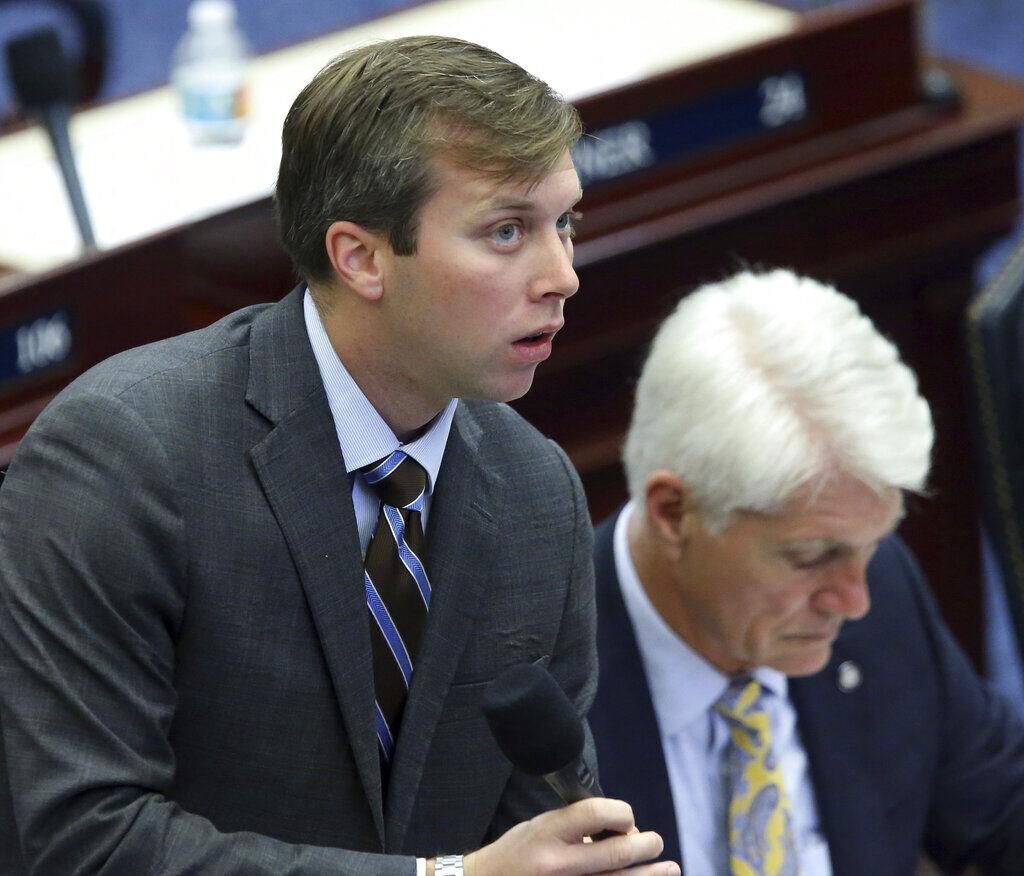The Center Square
By John Haughey
April 29, 2021

(The Center Square) – The Florida Legislature’s proposed $101.5 billion Fiscal Year 2022 (FY22) budget includes about $44 billion in healthcare spending largely subsidized by federal pandemic assistance packages.
Senate and House budget-writers Tuesday submitted their FY22 spending plan after 10 days of behind-door negotiations that resolved significant differences in preliminary proposals, most notably in healthcare, which is the second-largest category in the state’s annual budget.
The consensus FY22 $101.5 billion plan increases overall spending by more than $8 billion compared to FY21’s $93.2 billion budget, but includes billions in federal pandemic assistance, including much of the $10.2 billion Florida will receive from the $1.9 trillion ‘American Rescue Plan’ (ARP) adopted in March by Congress.
The House’s $97.1 billion plan proposed a $288-million slash in Medicaid hospital inpatient/outpatient rates, a $226 million cut — or, essentially, the elimination — in funding for the state’s hospital critical care fund and a 2-percent reduction in Medicaid nursing-home payment rates.
The Senate’s $95.5 billion FY22 budget proposal kept the critical-care fund intact and did not propose cutting money for nursing homes but still recommended about $33 million in Medicaid inpatient/outpatient rate reductions.
But the proposed FY22 consensus budget outlined in Senate Bill 2500 restores those cuts in a $44 billion healthcare spending plan that supplements increased federal allocations for state match contributions across a range of programs, using monies from 2020’s CARES Act and this year’s American Rescue Plan as well as emergency provisions offered by the federal Center for Medicaid and Medicare Services (CMS).
Among emergency CMS actions is a waiver allowing the state to draw up to $1.5 billion annually in supplemental Low Income Pool (LIP) money and its 6.2-percent increase in the Federal Medical Assistance Percentage (FMAP), boosting federal Medicaid payments to the state by $1.6 billion when in expires June 1.
The Biden Administration last week extended the 6.2 percent MAP rate to Oct. 1, meaning Florida will receive $400 million in additional Medicaid money through September, reducing the state match money needed.
“It allowed us to completely ameliorate all of the cuts in healthcare,” said Rep. Jay Trumbull, R-Panama City, House Ways & Means Committee chair, on Monday.
The budget earmarks $240 million – $89 million in state revenues – to extend the period of Medicaid eligibility for new mothers from 60 days to one year after giving birth, a stated priority of House Speaker Chris Sprowls, R-Palm Harbor.
Medicaid covers more than half of all Florida births. Some Republicans view the extension as an expansion of Medicaid and haggled over its cost, but it remains in the budget unless Gov. Ron DeSantis vetoes it.
The proposed plan includes $131 million in opioid addiction outreach and treatment programs subsidized by a federal State Opioid Response Grant and $95 million to trim back a 20,000 waiting list for at-home care through a Medicaid program for the developmentally disabled, up from $30 million allocated to the “iBudget” waiver program last year.
The budget doesn’t include is Medicaid expansion – no surprise because Florida is among 12 states that adamantly refuse to do so.
Democrats released an alternate plan that included $520 million in state money to draw $3.3 billion from the CMS to expand Medicaid to nearly 800,000 more Floridians. The expansion would cost the state $1.2 billion annually after, but garner $1.8 billion in federal money.
SB 2500 was set on Senate President Wilton Simpson’s desk at 12:06 p.m. Tuesday. The state’s 72-hour “cooling off” requirement means budget debates in both chambers will begin noon Friday and stretch until the 60-day session adjourns before midnight.

